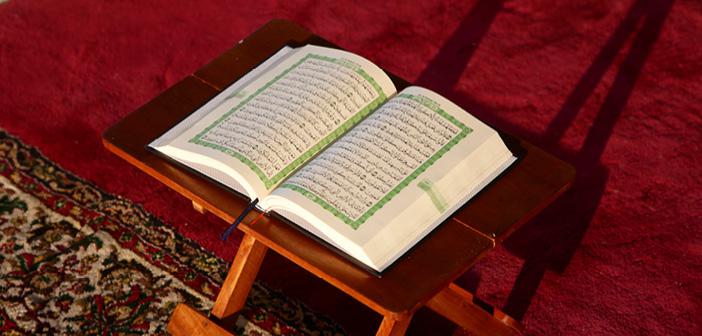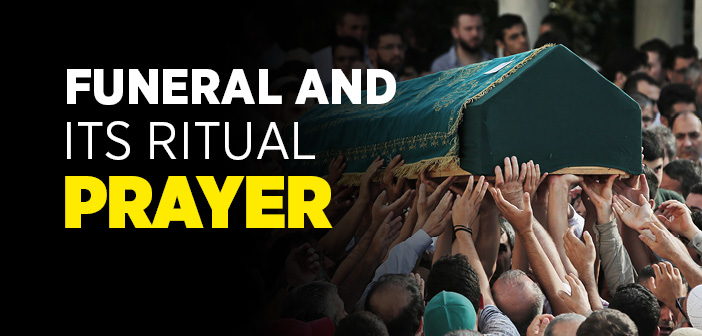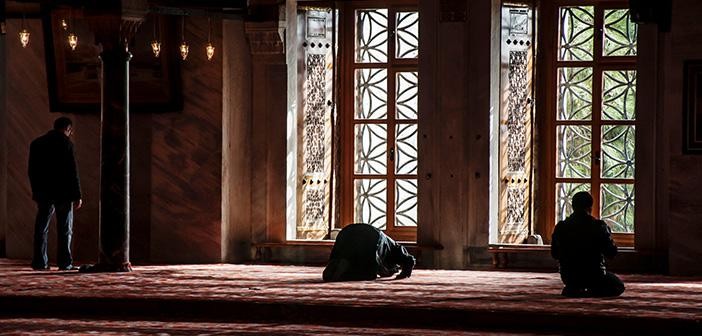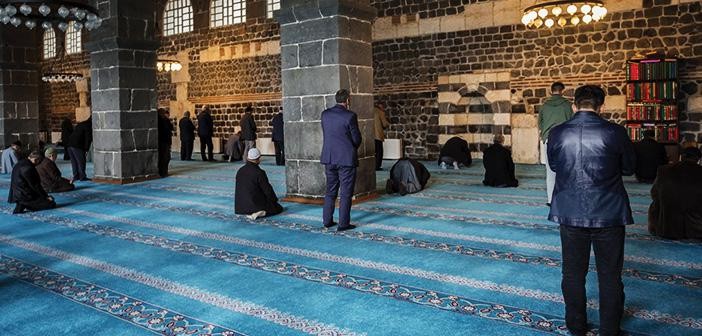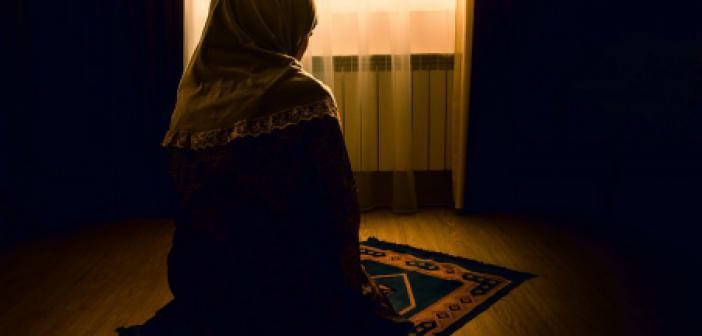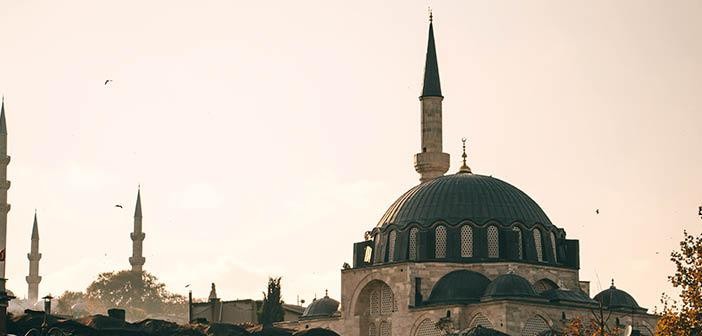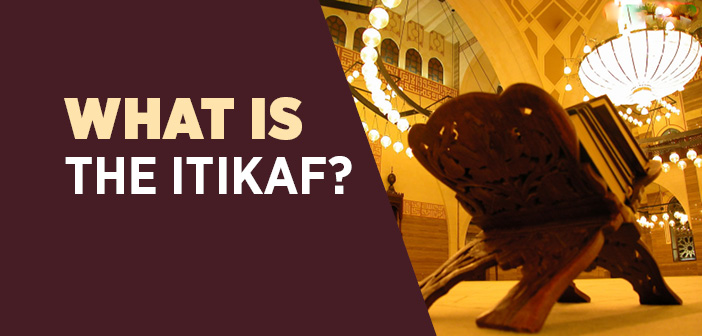
What is the Itikaf?
What is the itikaf in islam? What to do during itikaf? What are the rules of itikaf?
I’tikaf literally means to insist on something positive or negative, material or spiritual. Terminologically it states the seclusion into a mosque with the intention of performing acts of servitude and getting closer to Allah the Almighty. I’tikaf is usually performed during the ten days of the Month of Ramadan. Going into i’tikaf means to spend the days by fasting and the nights by prayer and reciting remembrances; thus to devote the entire time in servitude to Allah. Except for absolute necessities, going into i’tikaf requires not to leave the mosque for the entire duration of it. It is an act of worship which actually existed in religions prior to Islam.
Sometimes people feel that they are getting away from their Lord due to preoccupations and concerns of daily life. This is why it would be beneficial for a servant to go into seclusion in a mosque and leave all his/her concerns behind. It may not be possible for him/her to perform this act regularly, but he/she should look for opportunities and go into i’tikaf when it is suitable to his/her conditions in accordance with the principle “something which cannot be attained totally should not be left completely.”
Going into seclusion in a mosque bears wonderful results such as concentration, keeping the heart away from daily concerns, dedicating the entire time to the acts of obedience, and possibility of finding the night of Qadr. This is why the Prophet (pbuh) went into i’tikaf for the last ten days of Ramadan. He went into i’tikaf for the last twenty days of Ramadan in the year he passed away (Bukhari, I’tikaf, 1, 17) and he advises his followers to do the same as his Sunnah.
I’tikaf cannot be observed without fasting. Moreover, believers should go into seclusion in the big mosques. Believers can put up tents or reserve special rooms in the mosques in order to give a chance to others who would like to go into seclusion as well. It has been considered more appropriate for Muslim women to go into seclusion not in the mosques but in their homes.
Source: An Excellent Exemplar, Osman Nuri Topbaş, Erkam Publications
The Human Reality







